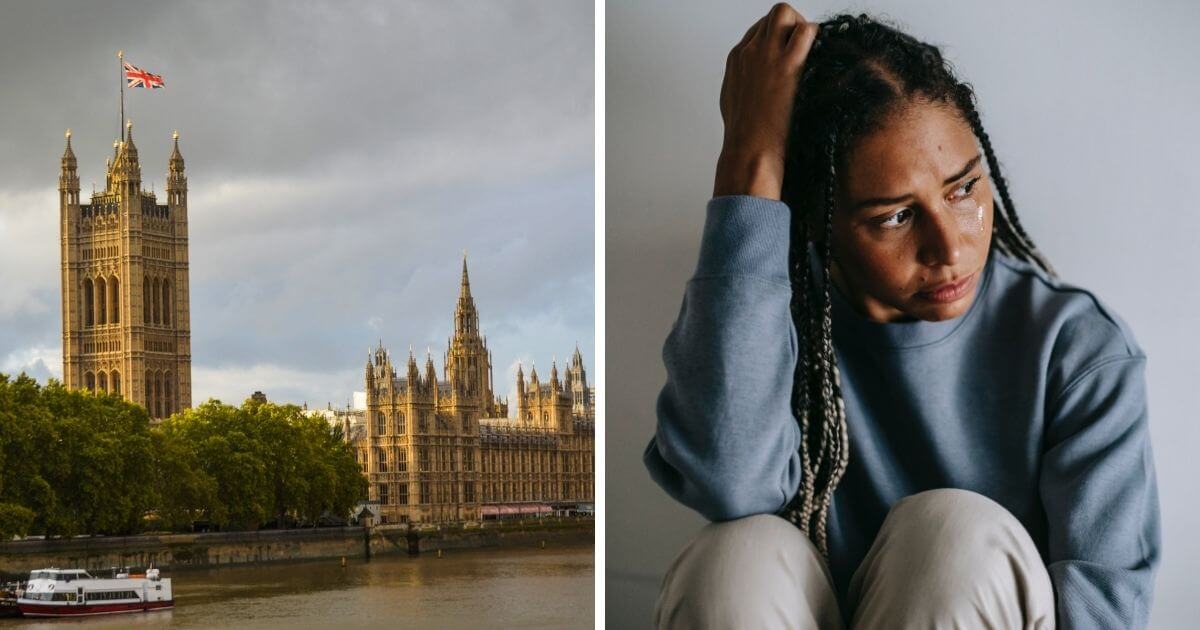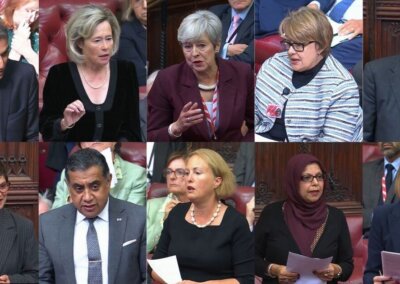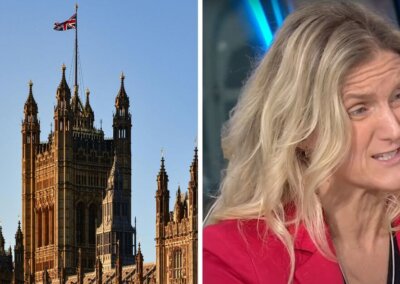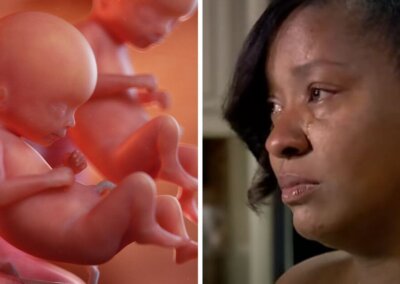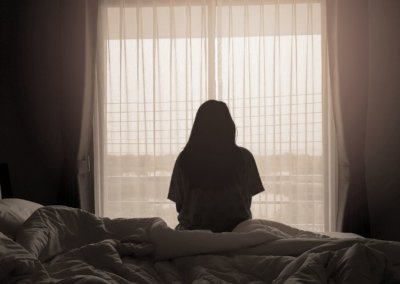The Government has confirmed that the ‘DIY’ at-home abortion provisions introduced at the beginning of the pandemic were “always intended to be a temporary measure” but is still considering “all evidence” in its decision whether or not to make ‘DIY’ home abortions a permanent feature of the law.
The abortion provisions were introduced at the end of March 2020 and permitted abortions to take place entirely outside of a clinical setting for the first time. As the emergency COVID-19 legislation that introduced these changes is set to expire at the end of this March, questions are being asked in both Houses of Parliament about whether or not ‘DIY’ abortions will be permitted to continue.
Earlier today in the House of Lords, Baroness Sugg asked the Government directly whether the measures allowing early medical abortions to take place outside of a clinical setting would be made a permanent feature of the law.
Always intended to be a temporary measure
Lord Kamall, The Parliamentary Under-Secretary for Health and Social Care, answered, saying, “We are carefully considering all evidence submitted to the Government’s consultation on whether to make the temporary measure allowing for home use of both pills for early medical abortion permanent”, and assured the Baroness that the response would be given before the end of March.
After further prompting, Lord Kamall said: “This was always intended to be a temporary measure; that was always the intention”.
Arguing against the temporary ‘DIY’ abortion policy becoming permanent, Baroness O’Loan said: “Is the Minister aware of a recent study, based on FOI requests to NHS Trusts, which revealed that more than 10,000 women who took at least one abortion pill at home provided by the NHS in 2020 needed hospital treatment for side-effects, equivalent to more than 1 in 17 women, or 20 women a day needing hospital treatment? Does [he] agree that such reports indicate a serious and disturbing lack of understanding of the dangers of the telemedical abortion policy by its advocates?”
Lord Kamall said in response: “We have looked at whether it should continue to be permanent or whether it should be temporary and revert, and we are still weighing up the difficulties of the decision”.
In the House of Commons also, the Government faced further questions about the provision of ‘DIY’ abortions from pro-life MP Sir Desmond Swayne, who asked about whether the decision to allow ‘DIY’ abortions will be revoked. The Government did not commit to an answer.
More than 10,000 women had to receive hospital treatment following the use of medical abortion pills in England
A study emerged last year that suggested that more than 10,000 women had to receive hospital treatment following the use of medical abortion pills in England between April 2020 and September 2021.
Based on data collected from 85 Freedom of Information requests to NHS Trusts across England, the study suggests that more than 1 in 17 women who had a medical abortion over the 18-month period needed hospital treatment.
Coercion and abuse
Last year, Dr Calum Miller, NHS doctor and research associate at the University of Oxford specialising in abortion policy, presented evidence of the dangers of ‘DIY’ home abortion to MPs, especially the problem of coercion and abuse facilitated by ‘DIY’ home abortions.
The lack of direct medical supervision is a significant threat to the substantial minority of women who undergo forced abortion in breach of their human rights, often as a result of sexual abuse.
Quoting several sources, Dr Miller noted that “abusers might be listening in on [telemedicine phone consultation] conversations” (New England Journal of Medicine); “Consultations, when possible, are offered online, which may introduce further barriers to accessing support” (UN Office of Drugs and Crime); and some women’s “living arrangements may not permit the privacy and confidentiality appropriate for patient care” (Journal of the American Medical Association).
Right To Life UK spokesperson, Catherine Robinson, said: “The decision to make ‘DIY’ home abortions legal was a terrible, undemocratic decision when it was first made. The last two years have confirmed how dangerous this kind of abortion is and shows a total lack of regard for women’s wellbeing, not to mention the wellbeing of unborn children”.


